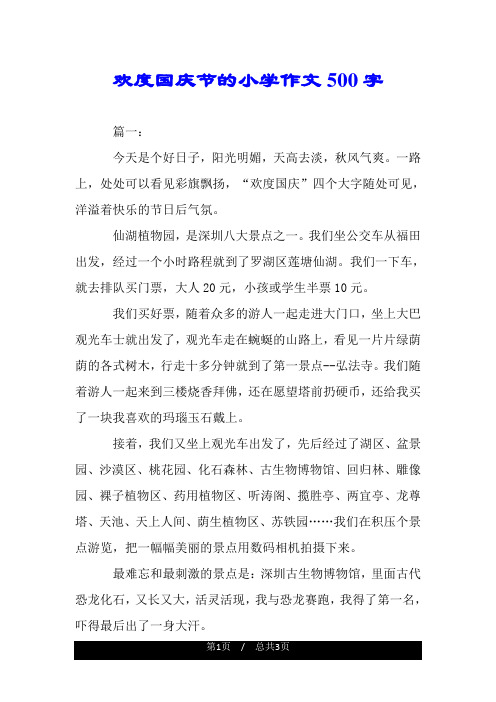介绍大学生活英语作文(大学生活英语作文概述)
Introduction

Main Body
1.Academic Life
The academic aspect of university life is perhaps the most critical component. Students are expected to take responsibility for their own learning. This often involves attending lectures, completing assignments, and preparing for exams. Unlike high school, where teachers may provide constant guidance and support, university professors expect students to be self-motivated and proactive in their studies. It is essential to develop time management skills to balance coursework, projects, and study hours effectively. Additionally, many universities offer resources such as writing centers, tutoring sessions, and libraries that can assist students in their academic endeavors.
2.Extracurricular Activities and Social Life
While academics are central, university life also offers numerous opportunities for involvement in extracurricular activities and social events. Joining clubs, organizations, or sports teams not only helps to develop new skills but also allows students to build lasting friendships. Participating in these activities provides a sense of community and helps to create meaningful relationships beyond classmates or roommates. Moreover, many universities host cultural events, guest speaker series, and campus fairs that enrich the student experience and promote diversity and inclusivity.
3.Building a Social Network
A strong social network is crucial during the university years. Friendships formed during this period often last a lifetime. Making new friends can help alleviate homesickness and provide emotional support. Attending orientation programs, joining study groups, or simply introducing yourself to people in your classes can be effective strategies for networking. It is also important to maintain relationships with family and friends back home, as they can offer valuable advice and emotional support during challenging times.
4.Personal Growth and Development
University life presents numerous opportunities for personal growth. Students are often required to live independently, which can be both challenging and rewarding. This experience teaches important life skills such as cooking, budgeting, and time management. Additionally, being away from home encourages students to step out of their comfort zones and engage with different cultures and perspectives. This exposure can significantly broaden one’s worldview and foster a more global outlook.
5.Challenges and Coping Strategies
Despite the many benefits, university life is not without its challenges. Stress related to academic pressures, financial issues, and personal conflicts can sometimes become overwhelming. It is essential to develop healthy coping mechanisms, such as exercise, meditation, or seeking professional counseling services if needed. Many universities offer mental health resources and workshops designed to help students navigate these difficult periods.
Conclusion

In summary, university life is a multifaceted experience that encompasses academic responsibilities, extracurricular engagements, social interactions, and personal development. By embracing these opportunities and challenges, students can make the most of their time at university, emerging not only as knowledgeable graduates but also as well-rounded individuals equipped with essential life skills. Building a supportive network, managing stress effectively, and actively participating in campus life are key elements that contribute to a fulfilling university experience. Ultimately, university life serves as a foundational period that shapes the future career and personal trajectory of every student.




